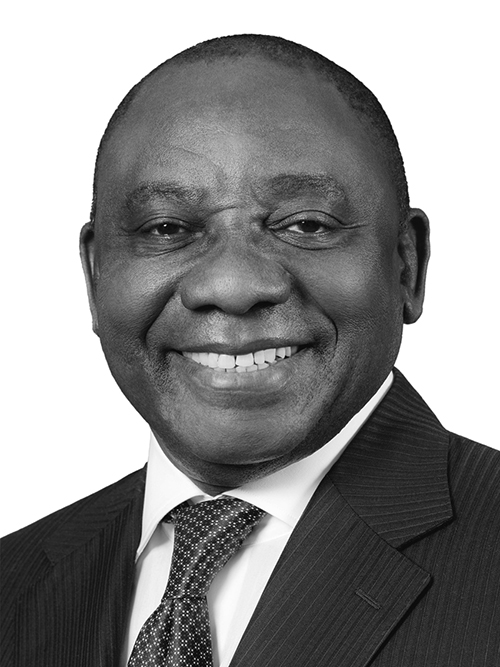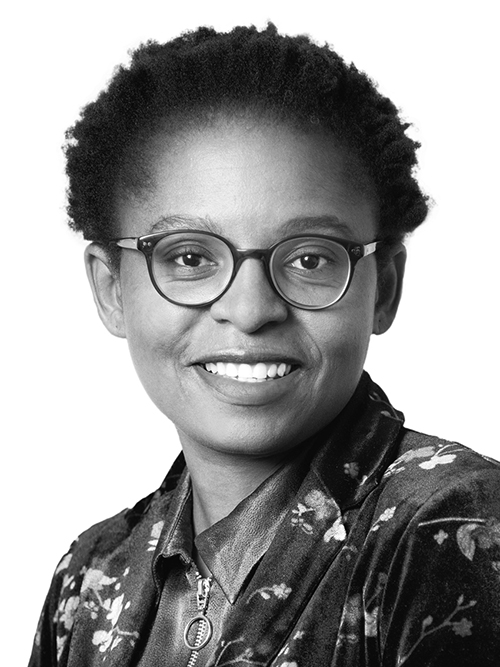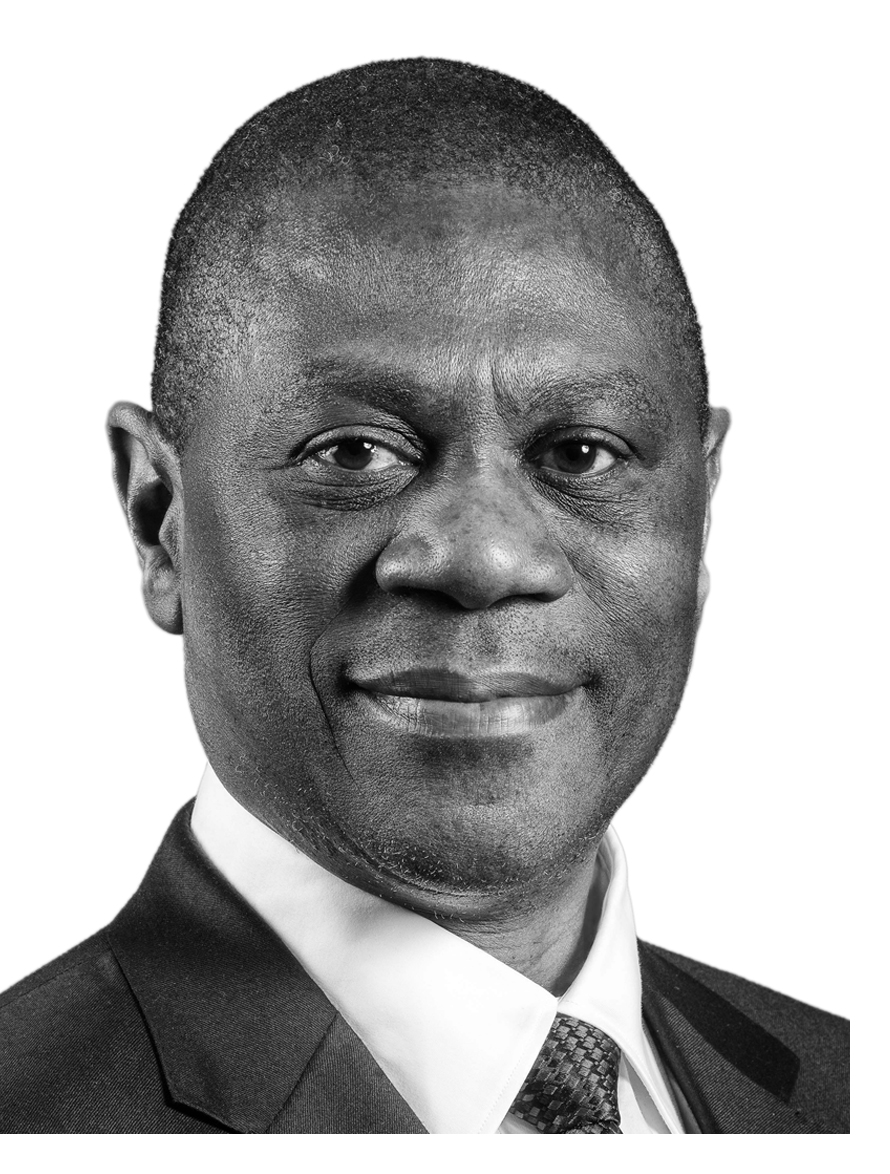Programme Director, Ms Thandeka Msibi,
Minister of Health, Dr Aaron Motsoaledi,
Premier of Gauteng, Mr Panyaza Lesufi,
President of DENOSA, Mr Simon Hlungwani,
General Secretary of DENOSA, Mr Kwena Manamela,
National Office Bearers of DENOSA,
Representatives of the Alliance,
Representatives of the South African Nursing Council,
Representatives of the International Council of Nurses and other international fraternal organisations,
Representatives of academia and the research fraternity,
Government officials,
Guests,
Ladies and Gentlemen,
Good Morning,
Allow me to begin by thanking the Democratic Nursing Organisation of South Africa for the invitation to speak at this 9th National Congress.
This is the first time I have had occasion to address DENOSA since the outbreak of the COVID-19 pandemic.
It was just five years ago that we faced the worst global health emergency in modern times.
The pandemic changed our world almost overnight.
We became used to lockdowns, mask-wearing and social distancing. Many lives were lost to the virus, shattering families and communities.
We lost a number of nurses and healthcare workers, brave men and women who were at the frontline of the pandemic.
Despite the risks to their own health, healthcare workers continued to provide treatment, care and support to our people.
I ask you to join me in observing a moment of silence in their honour.
We salute all those who lost their lives. They embodied the finest values of the nursing profession, including compassion, professionalism and courage.
It is in great measure thanks to their efforts that our country was able to recover from COVID-19 and begin the task of rebuilding.
For you who are in the profession, nursing is a calling.
It requires a strength of character and commitment to service that is rare.
Even under difficult conditions, it is your responsibility to administer quality care, reassure sick patients and deal with anxious families.
We should recognise the efforts to elevate the stature of the nursing profession in democratic South Africa.
During apartheid, nursing was one of the few occupations open to black professionals alongside teaching, the police and a handful of other professions.
The training and opportunities available to black nurses mirrored the inequalities of the skewed education system. The training and development of white nurses took priority.
Black nurses were expected to only care for black patients in black-only hospitals.
The hospitals and clinics assigned to serve the country’s majority were under-resourced and chronically under-funded.
Black nurses had unfavourable working conditions, were paid less than their white counterparts and had fewer opportunities for advancement.
It was under these conditions that black nurses organised and fought for their rights, engaging in civil action and strikes dating back to the late 1940s.
Since 1994 we have taken active steps to ensure that the nursing profession takes pride of place in our health system.
In 2005 we passed the Nursing Act to enable the professionalisation of nursing and to facilitate the establishment of the South African Nursing Council.
Successive regulations have been passed that deal with scope of practice for nurses and midwives.
DENOSA is to be congratulated for nearly three decades of dedication and service to the people of South Africa.
We all appreciate the difficult balance that must be struck between advocacy and activism, on the one hand, and fulfilling the rights of patients to treatment and care, on the other hand.
This balance can be achieved in an environment where the rights of both nurse and patient are respected.
At this crucial moment in the history of democratic South Africa, we call on DENOSA to continue to assert its vanguard role.
We have a Government of National Unity with key strategic priorities for the next five years.
These priorities are:
firstly, driving inclusive growth and job creation;
secondly, reducing poverty and tackling the high cost of living; and,
thirdly, building a capable, ethical developmental state.
The nursing profession is integral to the advancement of all these strategic priorities.
In particular, nurses have an important role to play in building a capable state.
Nurses are part of the hardworking, dedicated corps of public servants that keep this country going from day to day.
It is encouraging to see more new nursing registrations with the South African Nursing Council.
At the same time, however, we are seeing a decline in training numbers.
This decline cannot be simply explained by less people seeing nursing as an attractive career, but that factors such as accreditation delays also play a part.
We welcome the fact that this is one of the issues under discussion at this Congress.
In an environment where South Africa has a shortage of nurses, we are encouraged that the issue of South African nurses being recruited in large numbers by other countries is also on the agenda.
Achieving improved, equitable health outcomes across the population is a critical enabler of economic growth and poverty eradication.
DENOSA is called upon to ensure that the training and capacity-building efforts underway in support of its members align with community need, as well as with the evolution of diseases.
DENOSA needs to be more engaged in policy development efforts and ensure that as new policies emerge, the nursing profession has made inputs and considered the impact of these new policies on their members.
The support of DENOSA will be pivotal as we prepare for National Health Insurance.
The passage of the NHI Act was a milestone in our ongoing quest for a more just society; where one’s ability to access quality health care and services is not determined by where one comes from or one’s ability to pay.
The NHI will bring us closer to our aspiration of being a society where the human dignity of all is upheld at all times.
The right to dignity matters most when people are sick, when they need help and when they are most vulnerable.
Our nurses will be the backbone of NHI.
We urge DENOSA to be at the forefront of discussions around skilling and training, health systems strengthening and other crucial matters.
Beyond preparation for NHI, the nursing profession faces emerging challenges.
Many of these on the Congress agenda, such as litigation against nurses and the growing trend of undocumented patients from neighbouring countries seeking treatment in South African public health facilities.
These are all important issues DENOSA will need to deliberate upon as it charts a new course for the South African nursing profession.
This vital profession is key to South Africa’s progress and development.
As government, we remain firmly committed to working with DENOSA, with labour in general and with all stakeholders to overcome challenges and to enable nurses to work in the best conditions possible.
As the nursing profession ably demonstrated during the COVID-19 pandemic, nursing excellence can confront and overcome the greatest of difficulties.
Working together, we will overcome the challenges in our health system.
Working together, we will define, chart and implement a new course for South African nursing into the future.
I thank you once again for the invitation to speak and look forward to the outcomes of this Congress.
I thank you.









